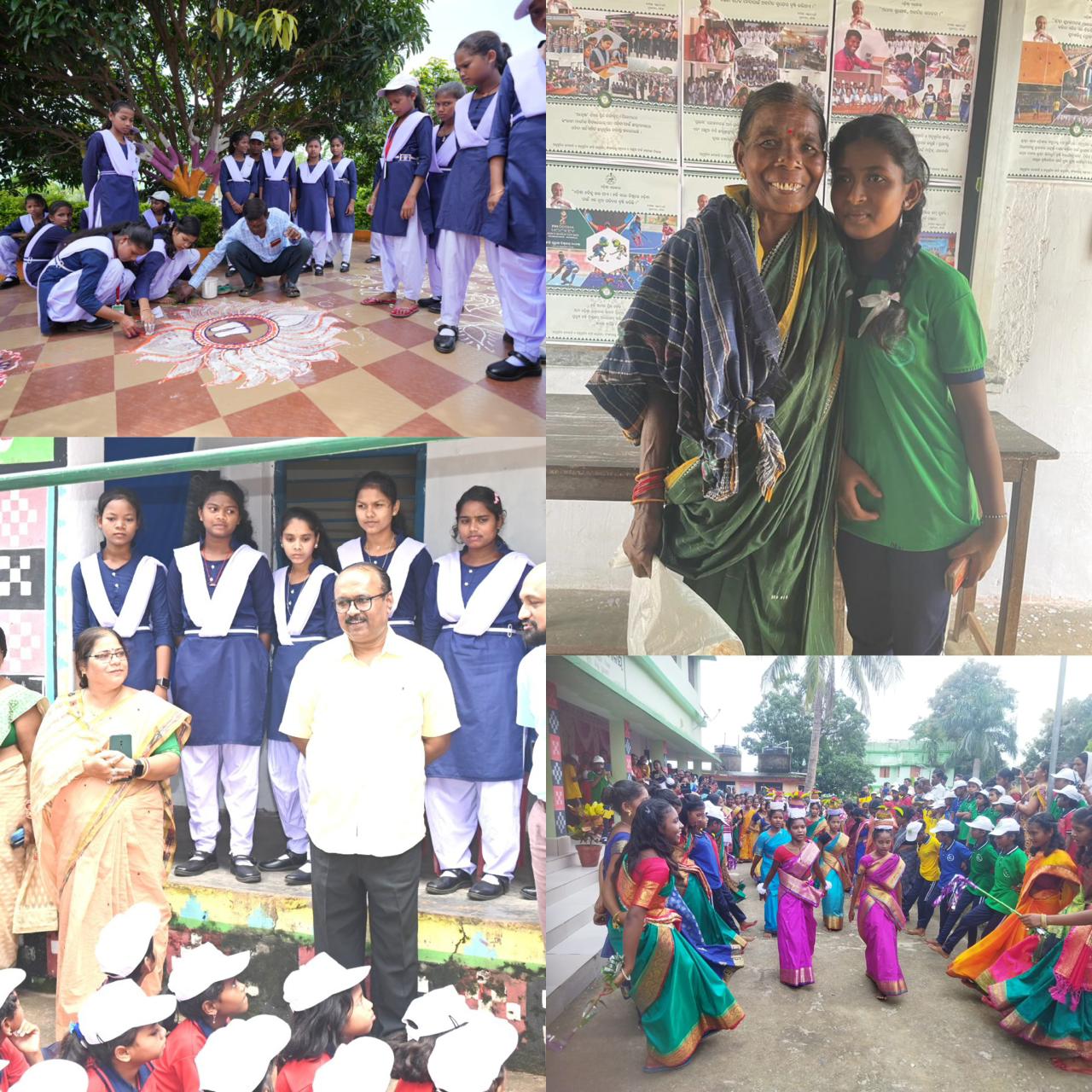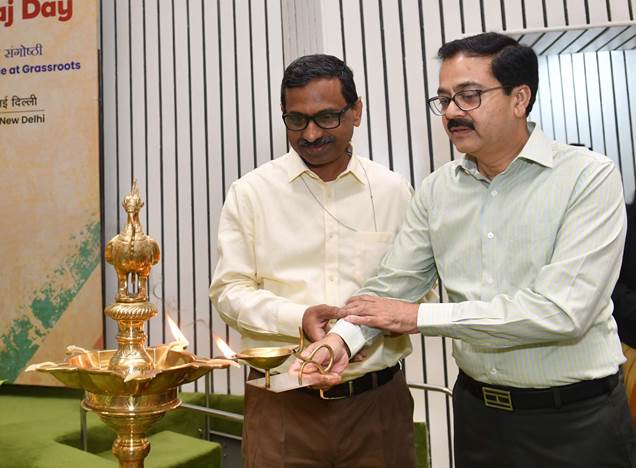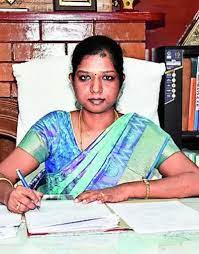Aame Janiba, Aame Jiniba: Empowering Parents as Partners (PaP) in Tribal Education and Governance
Author: BI Bureau

Bhubaneswar: Mina Behera, the grandmother of Nitu Behera, a seventh-grade student at Phulamba High School in Kishore Nagar, Anugul district, beams with joy as she witnesses her granddaughter thrive in a residential school run by the ST & SC Development, Minorities, and Backward Classes Welfare Department of the Odisha government. This institution not only imparts education but also provides holistic care for Nitu's health, nutrition, welfare, and overall well-being, nurturing her future prospects.
Similarly, Sudharkar Lima and Chanchala Lima, parents of Preetam Lima, a third-grade tribal student residing in Anwesha Hostel, Gajapati, operated under the administrative control of SSD & MBCW department, express their delight at their child's progress. Preetam receives English medium education while benefiting from the hostel's attentive staff and extra tutoring. In addition to their satisfaction with the school's care, Sudharkar and Chanchala also gain insights into various government initiatives aimed at tribal development.
The ST & SC Development, Minorities, and Backward Classes Welfare Department of the Odisha government, which oversees 6000 hostels, including 1735 residential schools, accommodating approximately 6 lakh students from nearly 5 lakh tribal households, has taken a proactive stride in involving parents in their children's education. This endeavor, aptly named 'Parents as Partners' (PaP), provides a platform for parents to stay informed about their children's education while also acquainting them with various government welfare schemes.
Over the past two weeks, one-day PaP meetings have been held in all these schools, attracting a substantial turnout of parents who actively engage in various activities. These gatherings promote inclusivity and encourage participation from underprivileged parents who might otherwise distance themselves from their children's education after enrolling them in hostels. The initiative's tagline, 'Aame Janiba, Aame Jiniba,' which translates to 'we will win, as we get to know,' eloquently reflects the intention behind the initiative: to offer parents, teachers, government officials, and district administrators a platform to interact and build trust.
Although the PaP forum has been part of the school management framework for several years, the department embarked on a reimagination of PaP to align with the evolving times, emphasizing the need for all stakeholders to contribute to students' and institutions' development.
Students in residential schools spend nearly 10 months a year in these hostels, where teachers and staff assume complete responsibility for their education, health, hygiene, welfare, and well-being. "The involvement of parents as partners in school activities, especially in residential schools, is non-negotiable. Parents should be aware of their children's entitlements, provisions, and development activities in tribal areas. The PaP is a forum in which parents and teachers collaborate to discuss, define, and determine the learning process of children," remarked Roopa Roshan Sahoo, IAS, Commission-cum-Secretary of the SSD & MBCW Department. She further emphasized that the department has enriched the PaP approach to educate parents about their significance not only within the schools where their children study but also in their contributions to the socio-economic system and the government's persistent efforts to drive transformation.
In May of this year, the department issued comprehensive guidelines to schools and district-level officials, facilitating the arrangement of parent-school interactions. To ensure the success of this effort, master trainers were identified and trained, subsequently imparting their knowledge at the school level. District collectors, Block Development Officers (BDOs), District Welfare Officers (DWOs), Project Administrators of Integrated Tribal Development Agencies (PA-ITDAs), and school headmasters were all assigned roles to transform the PaP meetings into hubs of interaction.
Parents as Partners has evolved into a collaborative space aimed at fostering awareness, disseminating information, discussing schemes and issues, and nurturing a culture that recognizes parents as genuine and dignified partners in the department's endeavors. Mamata Patra, DWO, Gajapati, shared, "In the PaP meeting held at Anwesha Hostel, all parents participated. Various government departments set up stalls to share information about schemes, and officials engaged with parents. Numerous activities were arranged for parents and students to connect and feel appreciated."
Officials have scheduled PaP meetings twice a year to ensure that parents remain engaged and informed about what matters most to them.
This transformational initiative, 'Parents as Partners,' bridges the gap between tribal parents and their children's education, while also empowering them to contribute actively to their community's development. It stands as a beacon of inclusive governance, fostering collaboration between parents, educators, and government entities.



